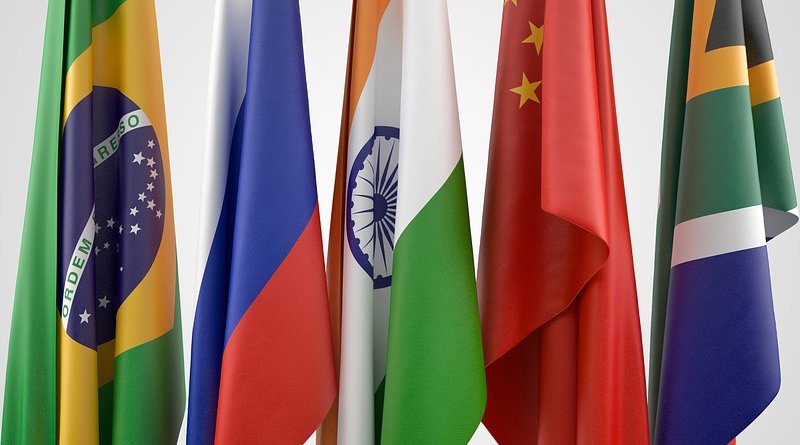Why Long Term Investors Should Avoid The BRICS – OpEd
A few days ago I have written an article on how bizarre Brazilian politics are. Well, it didn’t take long so that the president could confirm my theory. This weekend, as the official government newspaper informed, she vetoed 25 items of the Budgetary Guidelines Law (in Portuguese, Lei de Diretrizes Orçamentárias) – which is supposed to define the general lines to be followed by the Executive branch when drafting the annual budget.
This news, by it owns, would not be that strange as it is quite common to see Presidents, Governors and Mayors vetoing unpleasant proposals. Unfortunately, it comes with some external factors that evidence how bizarre our politicians are.
The first one is that Dilma Roussef counts with the majority on both Legislative houses – what would let her and her party influence the project enough to avoid any kind of unpopular veto. Considering this, we shall assume that her coalition is not as strong as it looks.

The second point shows that the problem doesn’t lie generally on her allied groups but in her own garden. The fact is that the Budgetary Committee is chaired by an MP of her party – who was the first one to discredit the president’s explanations for the veto.
As those 25 vetoes also include minor proposals that would probably not make a difference in the country’s future, I would like to focus specifically on the two that caught my attention most: (1) a project to boost government’s transparency, and (2) a conservative approach to the fiscal policy.
To understand the first one, we should get to know a little about its background before. There it goes:
As a result of an intense lobby both from the United Nations and several local NGOs, the Brazilian government adopted the Public Information Access Act on May 16, 2012, when it joined 90 other nations that, following the Universal Declaration of Human Rights, accepted to give publicity to numbers such as the general expenses and the payroll of public bodies.
The problem is that, differently than what was expected, the law had some gaps which allowed public enterprises inserted into competitive markets (such as educational institutions) to keep hiding their finances.
If the Budgetary Guidelines Law was approved, this gap would not exist anymore – at least for the year of 2013 when the congress would have the opportunity to deal about new amendments to solve it for the long run. However, it was vetoed by Mrs. Roussef under the excuse that “it would make it harder to fulfill the Public Information Access Act”.
In other words, the idea of making public information accessible was not a matter of ethics but just a way of looking better through the international community’s eyes.
Bizarre enough? Totally not! Going further, the second proposal have aimed to force the Government to maintain the restrictive fiscal policy so that a liquid reduction of the public debt could be achieved.
Again, let’s understand the background: during Luíz Inácio da Silva’s first term, about 8 years ago, his popularity was boosted after the announcement that the government managed to pay the public debt.
As you can imagine, different than what the population’s majority understood, it was referred to the interest and not to the whole public debt. Anyway, even if it was not the most ethical procedure, the merit should be given both to Silva and Roussef’s fiscal team as the same result was achieved in every year since then.
The point is that, as the economy is doing well and the Government is presenting record levels of tax collection, the Legislative decided to include a new line to the Budgetary Guidelines proposing a step forward on the fiscal policy which would be extremely favorable to the country on the long term.
The presidency, unfortunately, disagrees. As a short explanation to the veto, Dilma affirmed that the current strategy was enough to maintain a solid economy.
Even if a bit far from the Russian unwillingness to adhere to democratic standards and the Chinese lack of fiscal discipline, the Brazilian government is showing that the economic growth is not the only spot in common with its BRICS partners and, once again, I must underline that international investors have to keep an eye on the developing world’s politics before planning long term investments.
As the numbers show, they may get great returns in the short term, but our economies still quite far from the former Group of Seven’s – excluding Russia – political stability.

